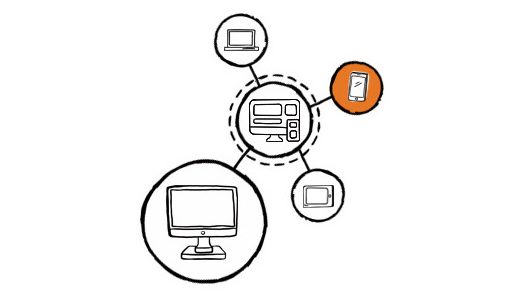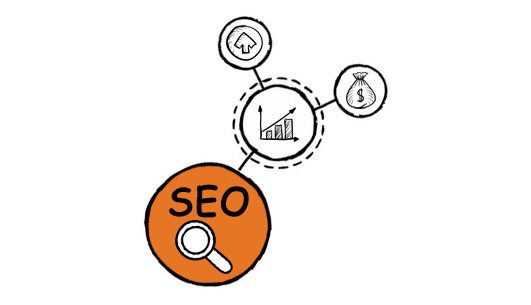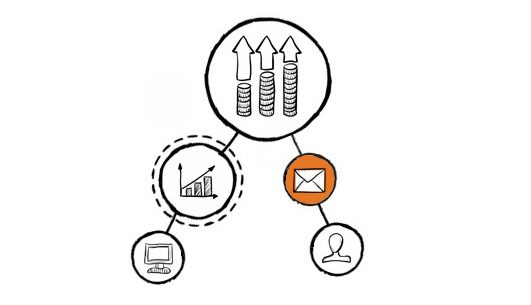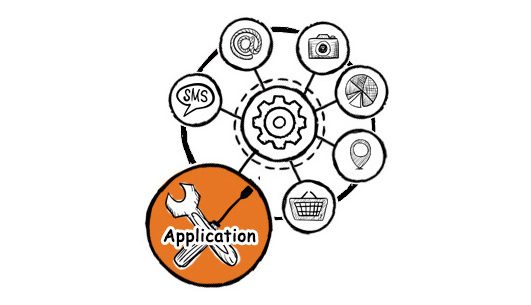 For those people working in digital marketing, it’s tricky to remember life before Google Adwords. The model of Google Adwords has truly revolutionized how many people market their business. Pay per Click advertising is now a key part of the majority of promotional marketing campaigns.
For those people working in digital marketing, it’s tricky to remember life before Google Adwords. The model of Google Adwords has truly revolutionized how many people market their business. Pay per Click advertising is now a key part of the majority of promotional marketing campaigns.
Adwords is all about how to secure a small piece of space on Google when your target audience enters their search phrases. For many businesses appearing, for the right reasons, high up in the natural search engine listings for common search phrases is never going to happen, so paying to appear on the right hand side for specific keywords is an attractive solution.
The engine of Google Adwords is truly customer-centric, as the system starts with a customer entering their query or keyword. Google then queries its advertisers looking for a keyword match within its ad groups. If there is more than 1 advertiser (normally this will be the case) bidding on the keywords that Google sees as relevant the auction begins!
Every advertiser who has a keyword match to the search query is automatically entered into the auction. Securing the highest spot though isn’t just about having the highest bid. The positioning of each ad is based on their ad rank – the higher your ad rank, the higher your position. Your ad rank is determined by your maximum bid and your quality score.

Keywords
Understanding your target audience and identifying the keywords they are likely to search on is critical to the success of any adwords campaign. The actual return on investment can be significantly improved with better keyword research.
Once you have your list of keywords you need to set match types, decide your maximum bid price for each click, your overall budget and create keyword groups. The match type will influence the amount you spend on each keyword. The default match type is Broad Match. This means your advert will be entered into the auction for the particular keyword entered as well as in user searches with misspellings, synonyms and any other related searches. Broad match means you are likely to achieve lots of impressions as you keywords will be included in a wider range of searches. It may mean you end up paying for lots of click throughs which don’t result in any real business. Other match types are Phrase Match, Exact Match and Negative Match.
Google Adwords Costs
Google have cleverly designed the system so you can decide your budget amount and when you want it to be spent. Budgets can be increased, reduced, targeted at specific geographical areas and campaigns paused at any time. The higher the competition levels for a keyword, the more it usually costs per click. By carefully crafting individual adverts and landing pages you can significantly improve your quality score and your cost per click.
Anyone experienced in working with Google Adwords will tell you how important it is to manage your budget – Google have made it very easy for budget to quickly disappear.
Quality Score
The quality score is decided by Google. You receive a rating of 1 to 10 and is Google’s assessment of both the quality and relevance of keywords and adverts. The closer an ad group, keywords, ad and landing page matches to what a person is searching for, the higher the quality score. If you achieve a high quality score it may mean you end up paying less than other advertisers and still achieve a higher ad placing.
Google aim to be transparent and has released several tools to help advertisers to get the most out of their campaigns. They provide quality score reports with tips on how to make improvements.
Google Reporting
By using the Google Analytics tool in your website, Google’s conversion tracking can help you to see how keywords, ads, ad groups and campaigns are performing. In the age of internet marketing Google Adwords enables you to identify how much each conversion has cost, making it easy to calculate your ROI. Marketing finally becomes measurable!






